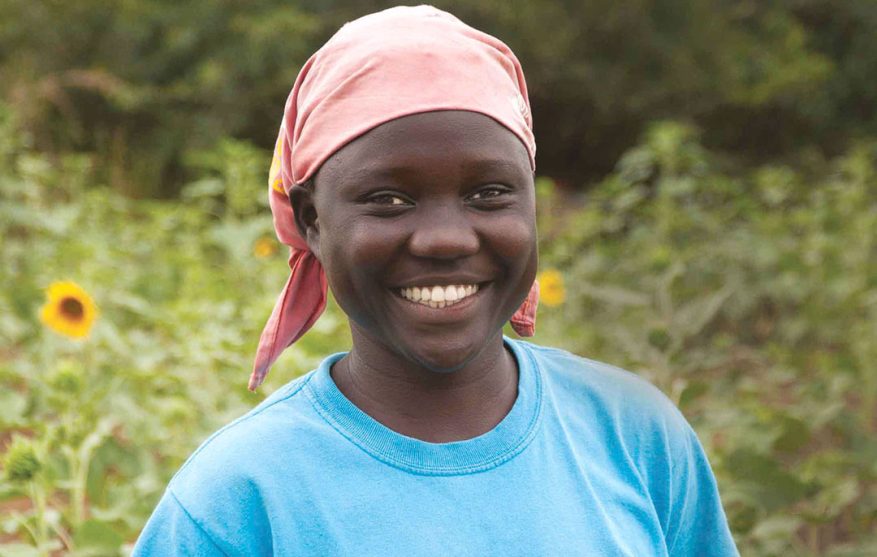<a class=”x-btn x-btn-global x-btn-block” href=”https://selfhelpafrica.org/uk/iwd2021/” data-options=”thumbnail: ”” style=”outline: currentcolor none medium;”>JOIN OUR INT. WOMEN’S DAY CONFERENCE</a><br><br>
International Women’s Day will be celebrated on March 8th with this year’s theme being ‘Women in Leadership: Achieving an equal future in a Covid-19 world.’
Women stand at the front lines of the COVID-19 crisis, as health care workers, caregivers, community organizers. The crisis has highlighted new barriers to women’s leadership and participation as well as the disproportionate burdens they carry.
Self Help Africa are working with local teams, partners, government ministries and UN agencies to support efforts to curb the pandemic where we work. We are also committed to continue fighting gender inequality in Sub Sharan Africa.
African women carry out up to 70% of the manual labour on small scale farms yet receive just a fraction of the available support and income from their yields. In many societies they are the last to eat and malnutrition is far higher among women and girls.
Gender inequality is a major obstacle to improved outcomes. We are working to level that playing field. In addition to this, over 55% of all of the people we supported in our projects last year, were women as per our latest annual report.
Self Help Africa have supported several projects that promote women’s participation in local cooperatives. When women have control over family income, they invest up to 90% in the household, including family diet, medical and educational expenses and therefore the whole family benefits.
International Women’s Day aims to celebrate the social, economic, cultural and political achievements of women. It’s a time to reflect on progress made and to continue pushing for further change; to uphold women’s rights and fully realise the potential of women’s leadership in normal times and also in response to the pandemic. The perspectives of women and girls in all of their diversity must be included in the formulation of pandemic policies and response.

